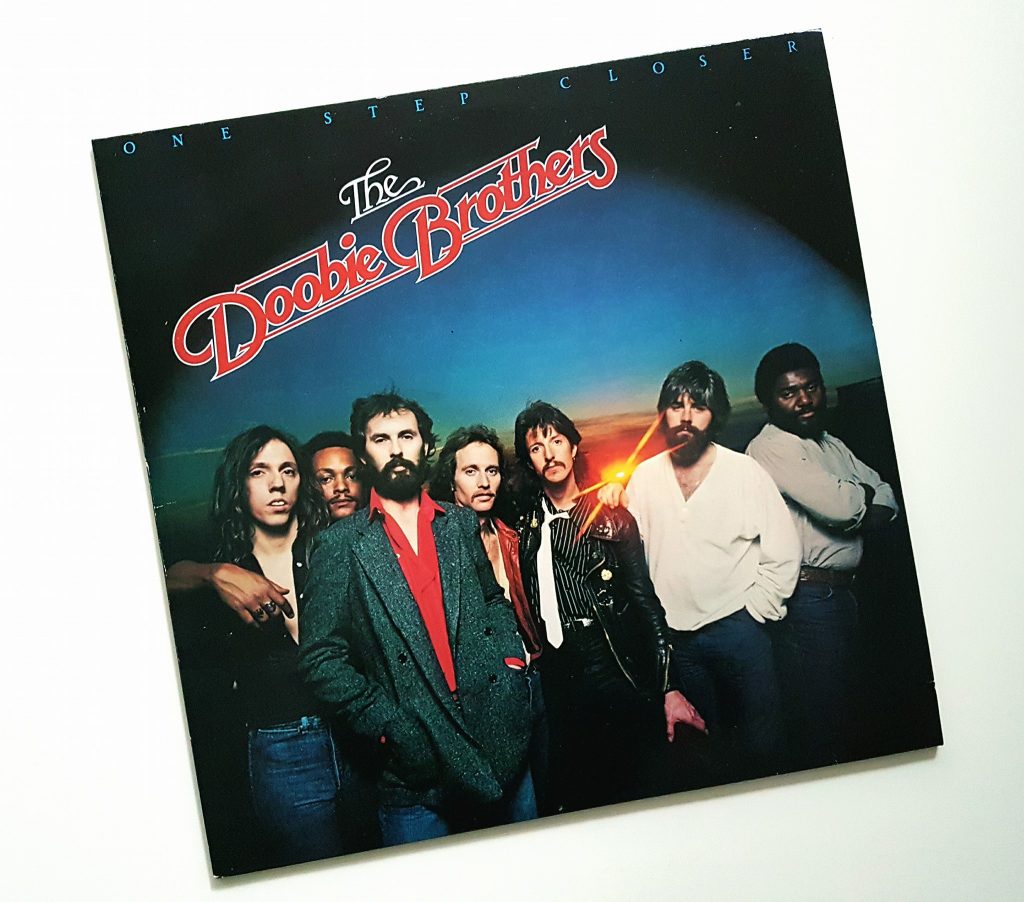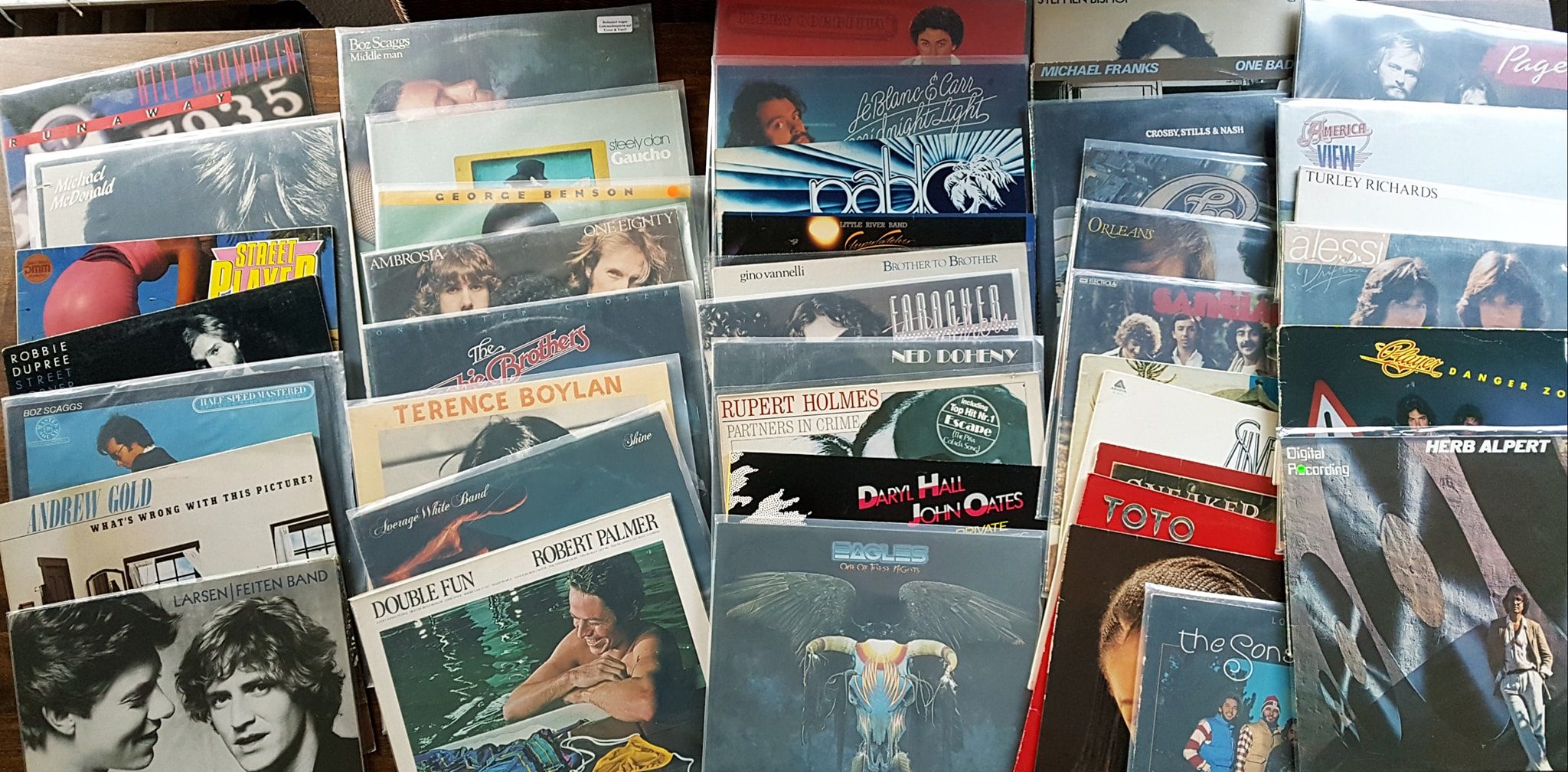Our May reviews include albums by Alan O’Day, Dane Donohue, Rhead Brothers, Chicago and The Doobie Brothers.
“Appetizers” by Alan O’Day (1977)
Alan O’Day began his career as a songwriter for other singers such as Bobby Sherman, The 5th Dimension and Helen Reddy, to name a few, before becoming a successful artist with his No. 1 smash hit “Undercover Angel” in 1977. The California native was the first artist to be signed to Warner Bros. label Pacific Records, which was created for composers who also sang themselves. His album “Appetizers” is a real treat for West Coast music lovers. O’Day gathered studio pros like Jeff Porcaro, Lee Sklar, Jay Graydon, Victor Feldman, Steve Jim Horn and Michael Omartian on his second album and convinced with a series of catchy melodies and solid musicianship. Unfortunately, he was unable to repeat the success of his first hit single. However, he achieved further success as a songwriter for other artists: In the 80s, O’Day worked with Tatsuro Yamashita, among others, and wrote hits for artists such as Cher and The Righteous Brothers.
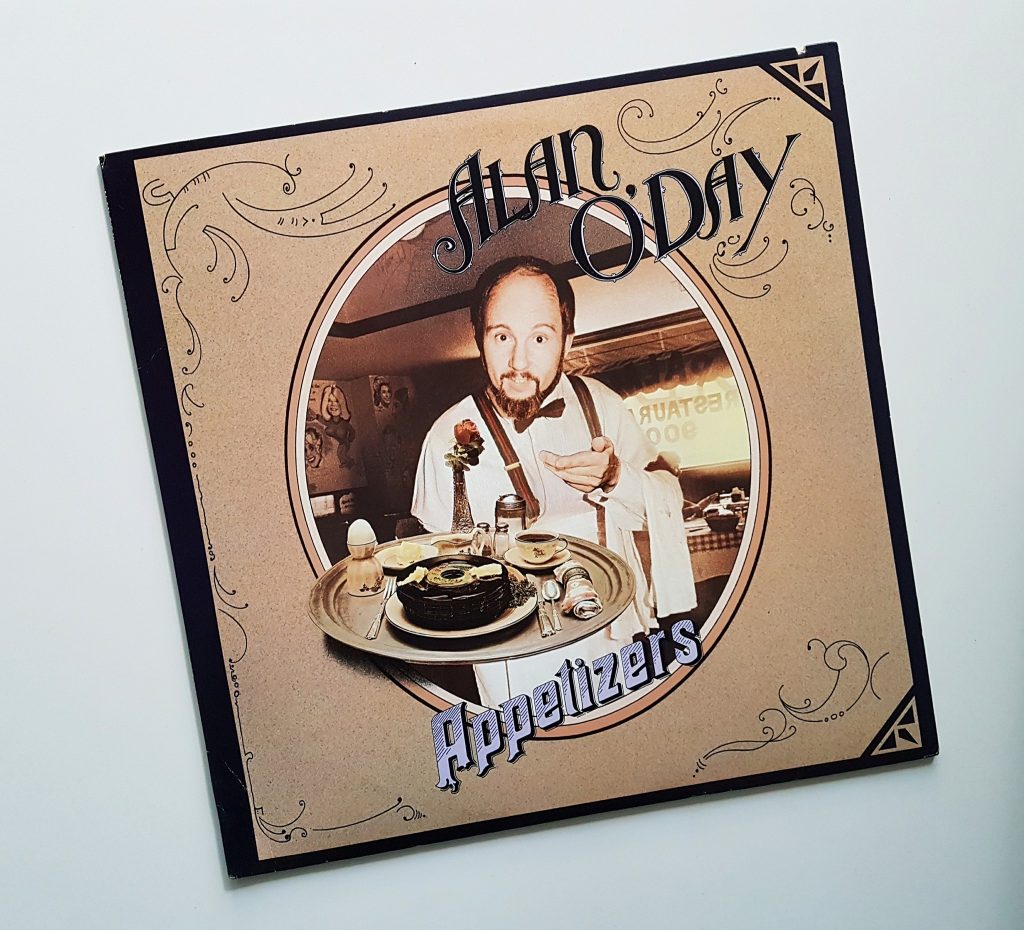
“Dane Donohue” by Dane Donohue (1978)
Singer Dane Donohue had started his music career as Jesus in “Jesus Christ Superstar” before signing a contract with Columbia Records and releasing his first and only self-titled album in 1978. Producer Terence Boylan, with the help of his brother John, hired an impressive LA music dream cast for this record: studio professionals and stars like Jay Graydon, Mike Porcaro, Bill Champlin, Larry Carlton, Steve Lukather and Don Henley – to name a few – hit the studio one after the other. The excellent song material resulted in nothing less than a sophisticated West Coast masterpiece: from the wistful opening track “Casablanca” to the silky “Woman”, which features backing vocals by Stevie Nicks and J.D. Souther. “Dane Donohue” is an undisputed classic!
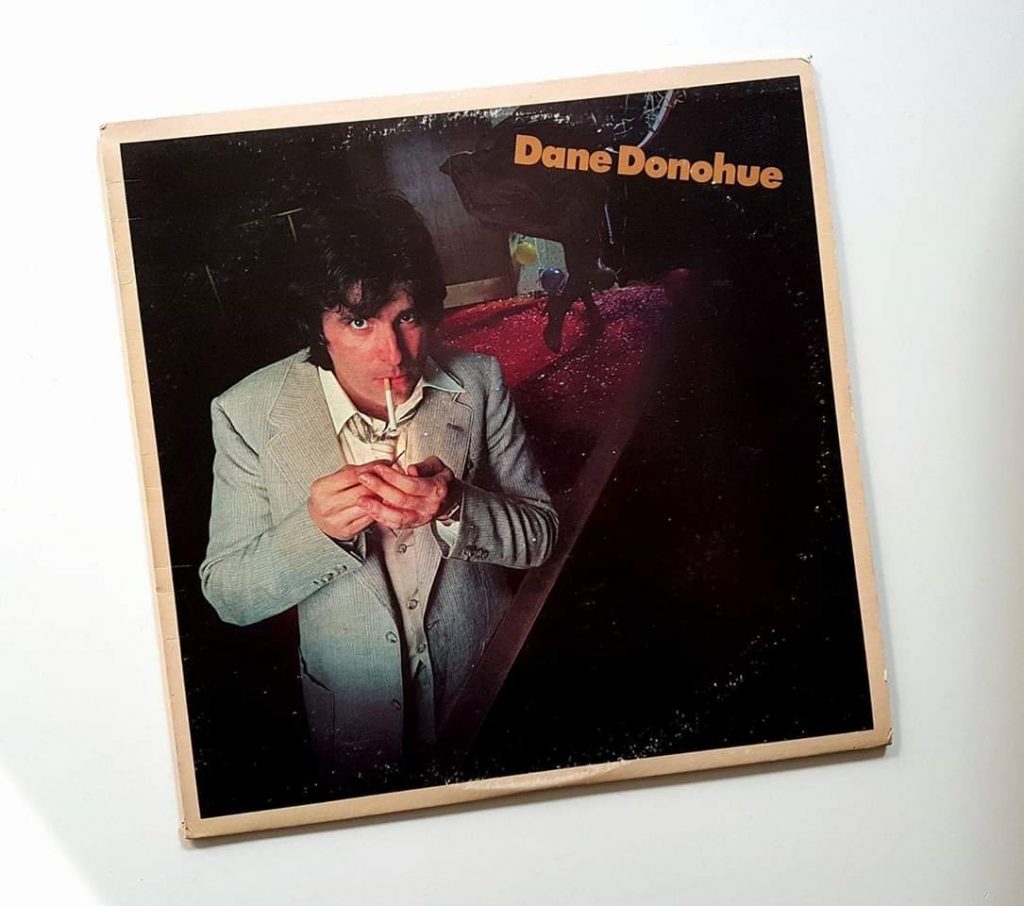
“Black Shaheen” by Rhead Brothers (1978/ 2016)
Things were going well for the Rhead Brothers in the late 70s: their debut album “Dedicate” had reached number 30 in the US charts in 1977, and a few months later, the brothers Steve and John Rhead were on their way to Wishbone Studios in Muscle Shoals, Alabama, to record their second album “Black Shaheen”. The result was a sublime blend of blue-eyed soul, jazzy Steely Dan-inflected arrangements and Latin-tinged West Coast vibes – all refined with Southern funkiness. Back in England, the tide turned: EMI had printed 10,000 copies of the album at the wrong speed. And after the music label was taken over, the Rhead Brothers were one of the bands that had to go. So “Black Shaheen” was never officially released – until 2016, when Preservation Records rescued this lost masterpiece for music lovers. A highly recommended album.
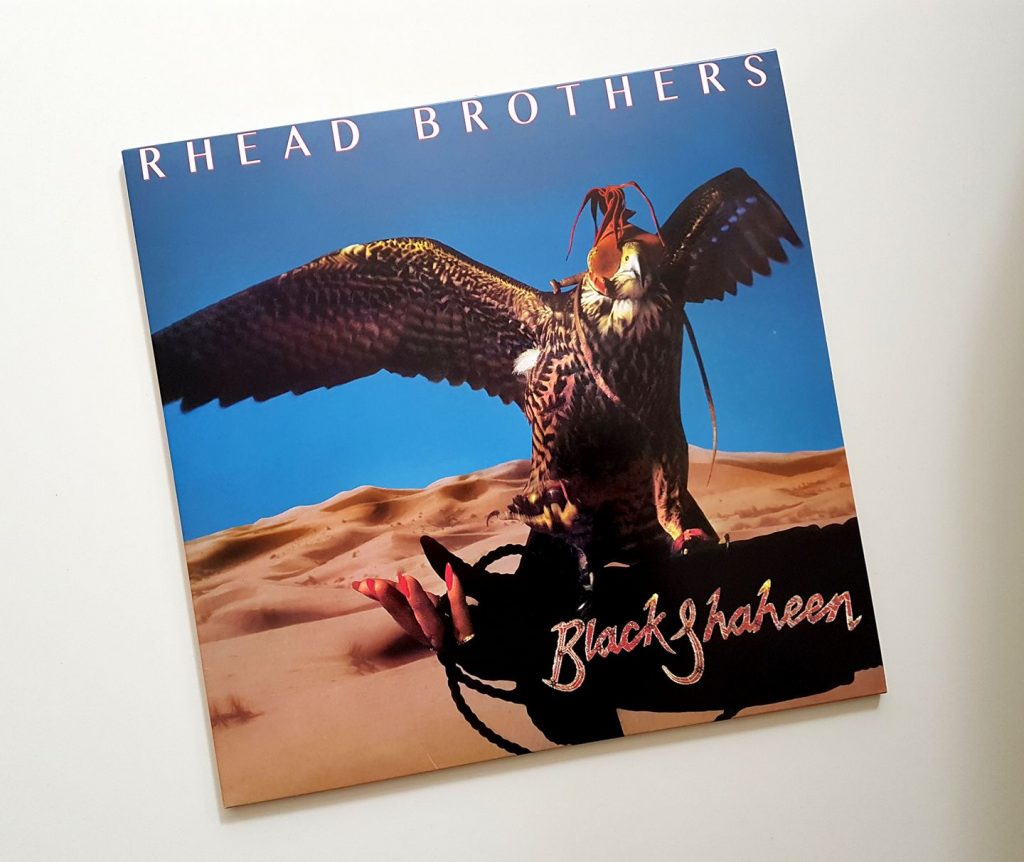
“Chicago XIII” by Chicago (1979)
The dusk of disco was already on the horizon when Chicago released their album “Chicago XIII” in 1979. The band was still suffering from the tragic loss of founding member Terry Kath, and his replacement, guitarist Donnie Dacus, was fired after the following tour. It was a troubled time for the band – negative reviews and poor chart rankings did the rest. Even though Chicago were far from their classic jazz-rock territory, their eleventh album was not the “bad” disco album it was often labelled as. The extended opener “Street Player” was the only disco-infused boogie-funk exception – and later became a band classic, and rightly so. The other songs oscillate between AWB-inspired funk (“Paradise Alley”), breezy jazz- and bossa nova-infused tracks (“Life Is What It Is”) and Peter Cetera’s growing pop ambitions. We hear a band undergoing a metamorphosis. Not long after “XIII”, Chicago was to shape the soft rock sound of the 80s. P.S. Even the unjustly scorned “Street Player” was rehabilitated as a sample for “The Bomb! (These Sounds Fall into My Mind)” by The Bucketheads – a big hit in 1995.
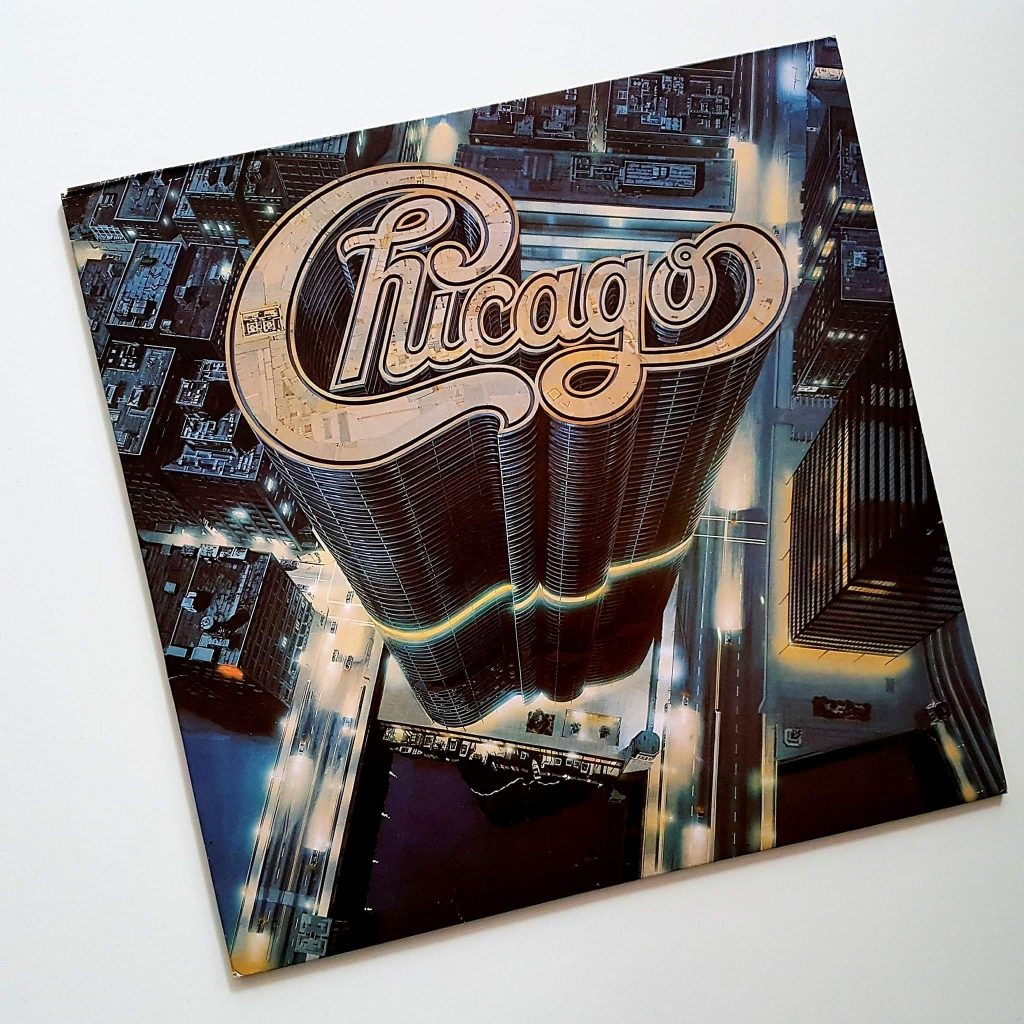
“One Step Closer” by The Doobie Brothers (1980)
When “One Step Closer” was released in 1980, critics and many fans declared the Doobie Brothers’ ninth release the worst album of their career. And it’s true that the Doobies have never been further from their biker-boogie-rock roots than in the early 80s. After their Grammy-winning masterpiece “Minute by Minute”, a major shift had taken place: Jeff “Skunk” Baxter was replaced by John McFee, session pro Chet McCracken came in for John Hartman and saxophonist Cornelius Bumpus, another Steely Dan veteran, was hired. The “new” Doobie Brothers, now led by Michael McDonald, played sophisticated jazz and R&B-infused pop. And even though the Ted Templeman-produced “One Step Closer” was not their strongest album, it contains a lot of great music like the Top 5 single “Real Love”, enhanced with backing vocals by Nicolette Larson, the opening track “Dedicate This Heart”, co-written by Paul Anka, or the sublime title track. After one last farewell tour, the Doobie Brothers disbanded in 1982, exhausted after more than ten years of recording and touring. Michael McDonald’s creative fire was still burning and he launched his successful solo career shortly afterwards. But that’s another story…
